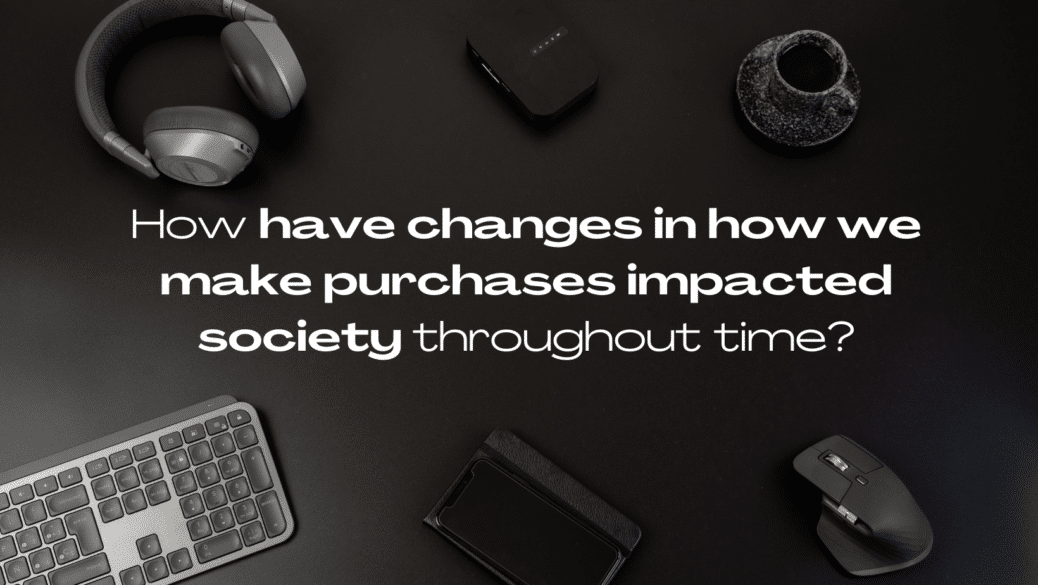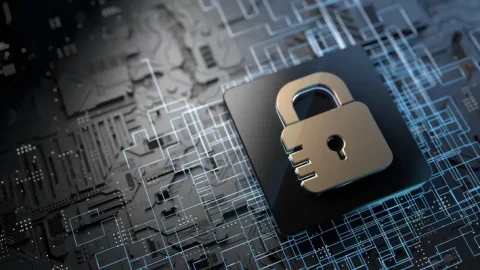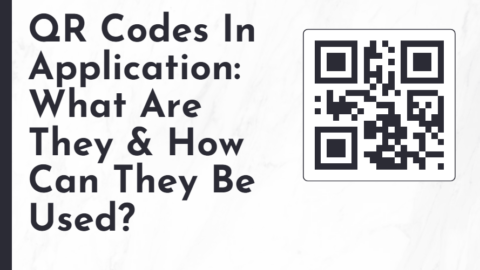How Have Changes in How We Make Purchases Impacted Society Throughout Time?
The act of paying for goods is one that most of us engage in often. However, money exchange has altered significantly over history. The methods through which humans exchange value for products and services have changed dramatically over the course of history, from bartering at the start of written history to the usage of cryptocurrencies in the present day. Let’s examine the evolution of money transfers and changes in purchases throughout time.
Table of Contents
The way people make purchases directly influences economic systems. In traditional barter economies, goods and services were exchanged directly without the need for currency. The invention of currency simplified transactions and facilitated trade on a larger scale, leading to the development of market economies and the rise of commerce. Over time, the introduction of more sophisticated payment systems, such as credit cards, digital wallets, and online payment platforms, has further expanded the reach of businesses and opened up new markets.
Globalization: Advances in transportation and communication have enabled the globalization of trade, allowing goods and services to be produced and distributed on a global scale. As a result, people now have access to a wider variety of products from different parts of the world. This has contributed to cultural exchange, economic interdependence, and the growth of multinational corporations.
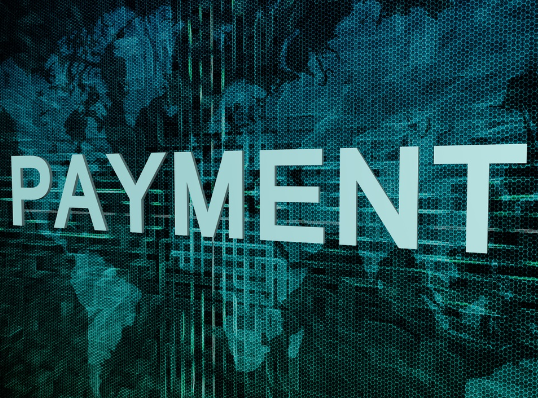
The use of bartering
As far back as the Neolithic period (about 7000 BC), if not earlier, the barter system was in use. To put it simply, barter is the trading of one item or service for another. A farmer may trade a side of meat for a bag of potatoes.
Coins in changes in purchases
In the middle of the fifth century B.C., in the area now known as Turkey, the first coins appeared in Asia Minor. Because of the difficulties associated with bartering, coinage quickly gained in popularity as a means of exchange. Also, under the barter system, there were several kinds of payment that would quickly spoil if stored. Coins minted from precious metals like gold and silver gradually gained favor as a consequence.
Paper money first of changes in purchases
The inconvenient nature of transporting large numbers of coins led to the development of paper money, often known as banknotes. The Tang dynasty (618-907 AD) in China is credited as being the first to employ banknotes. However, during the Song dynasty (960-1279), paper currency was established in Szechuan. After the Mongols produced Chinese-style banknotes in Iran in the 13th century, it became widely used throughout China and ultimately made its way to the West. According to historical accounts, the first European paper currency was produced in Sweden around the turn of the 17th century.
Drafts and bills of exchange
In the 12th century, bills of trade were first used in Italy. A bill of exchange is a document that promises payment from a debtor to a creditor or other named payee. However, check writing was first employed in Europe in the 15th century and rapidly gained popularity throughout the 16th. In 1762, British banker Lawrence Childs developed the first check with printing. Despite the rise of debit and mobile payment systems, the usage of checks remains common in many nations. There are now more simple alternatives to ordering checks from your bank.
Cards
In 1914, Western Union introduced a credit card as a reward program for its most loyal clients which was a milestone for changes in purchases globally. Customers who have one of these loyalty cards had access to interest-free financing. However, banks only started providing cards as a standard payment option in 1958.
Electronic transactions
Online shopping has been popular since the advent of the web and the internet in the 1990s. This prompted the development of various methods of transacting money online, like high-risk merchant account. Peapod was an early online payment pioneer that let customers shop for food without leaving the comfort of their homes. Due to digital disruption, the number of available online payment methods has skyrocketed in the previous twenty years. These days, you may even use your smartphone or a digital watch to make a purchase.
If you want your business to keep up with the times, especially if you are in the e-commerce niche, you need to consider accepting payments from all over the world and changes in purchases. How to do it? Payment aggregation from Akurateco can help with this!
Digital Wallets and Mobile Payment Apps: The popularity and accessibility of digital wallets and mobile payment apps have increased. Services like PayPal, Venmo, Alipay, and Paytm allow users to transfer money electronically, making transactions more convenient and efficient.
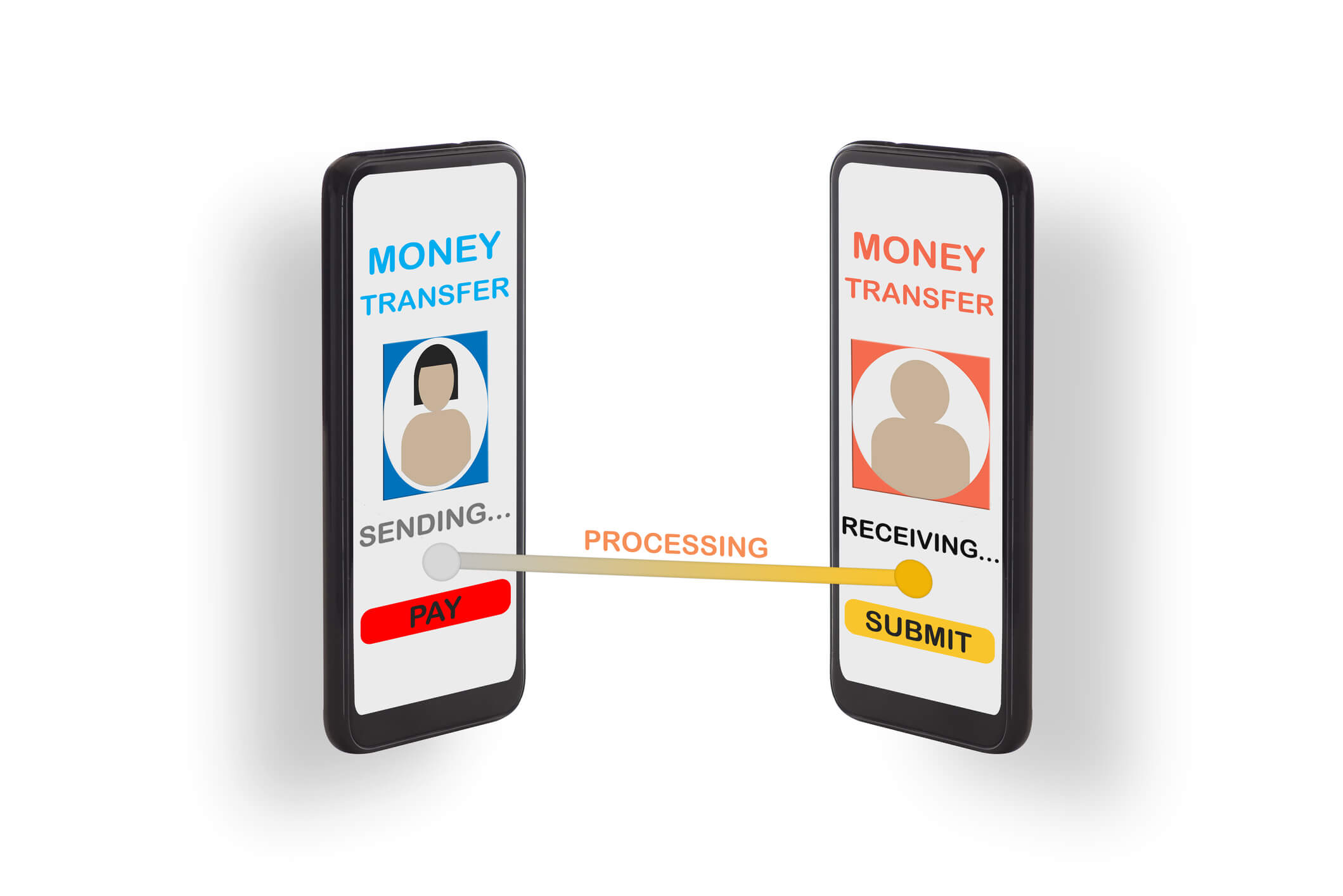
Peer-to-Peer (P2P) Transfers: P2P payment systems enable individuals to transfer funds directly to one another using mobile apps or online platforms. These systems eliminate the need for intermediaries, such as banks, and facilitate quick and easy money transfers.
Faster Payment Systems: Many countries have implemented or upgraded faster payment systems to expedite domestic transfers. These systems provide near-real-time transfers within seconds or minutes, enhancing the speed and efficiency of money transfers.
Cryptocurrencies
In 2009, bitcoin became the first decentralized digital money as a part of changes in purchases. There were many naysayers all across the world who doubted the longevity of cryptocurrencies at the outset. However, nowadays, you may purchase, hold, and trade thousands of different cryptocurrencies. Popular corporations like PayPal, Microsoft, and Dell accept crypto payments, and more are expected to follow suit in the near future.
How does social influence affect buying behavior?
Social influence significantly affects buying behavior. People are influenced by the opinions, recommendations, and behaviors of others, such as friends, family, influencers, and online reviews. Social proof, conformity, and a desire for belongingness drive individuals to align their purchasing decisions with what is considered socially acceptable or desirable.
How does shopping affect society?
Shopping has a profound impact on society. It stimulates economic growth, drives employment, and supports businesses. It shapes consumer culture, influencing lifestyles, values, and identity formation. Shopping also contributes to environmental issues through resource consumption and waste generation. It can foster social interactions, community development, and cultural exchanges. However, excessive consumerism and materialism can lead to debt, inequality, and unsustainable consumption patterns. Balancing the benefits and consequences of shopping is crucial for a more sustainable and equitable society.

David is a dynamic, analytical, solutions-focused bilingual Financial Professional, highly regarded for devising and implementing actionable plans resulting in measurable improvements to customer acquisition and retention, revenue generation, forecasting, and new business development.

